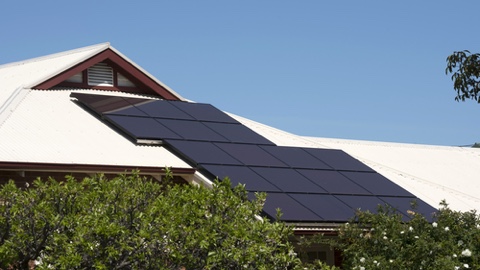
The Australian Solar Council and the Australian Energy Storage Council have merged to become the Smart Energy Council. Smart Energy Council chief executive John Grimes stated:
“Australia will inevitably be powered by smart energy. We represent the most innovative renewable energy leaders in the field. We are transforming to better reflect our members and Australia’s energy future. We have been enormously successful in the past, and will continue to work with our members to support Australia’s Smart Energy transition. Australia has the world’s best solar scientists, the world’s highest uptake of household solar, and is a world leader in energy storage. Almost four million Australian homes have solar on their rooftops. Over 6,000MW of solar photovoltaics have been installed, and this number continues to grow. That’s because Australians know solar works. Solar saves money. Solar is the cheapest way to generate new electricity, bar none. Clean energy is evolving rapidly and becoming cheaper and smarter. Our members are at the forefront of developing cheap renewables. Cheap battery storage, off river pumped hydro and other forms of energy storage, are all being harnessed by Smart Energy IT systems, to bring together a complete and affordable solution. Australians want cheap, reliable, clean energy because they know it’s the smart choice. They want tailored solutions that match supply and demand in the most efficient and cleanest way. They want control of their energy. They want to produce and store their own energy. They want smart energy management systems that do the work for them. The Smart Energy Council represents the national voice of the solar, storage and smart energy management industries – the energy industries of the future.”
The Australian Energy Storage Council – comprised of representatives of the energy storage industry for networking and information sharing – seeks to advance the uptake and development of energy storage solutions in Australia. The Australian Solar Council represents companies in solar hot water, large-scale solar thermal concentrating plants, solar PV (at all scales), solar passive design and energy-efficient materials. It also represents solar customers and consumers, and provides expert advice to governments and the public.


